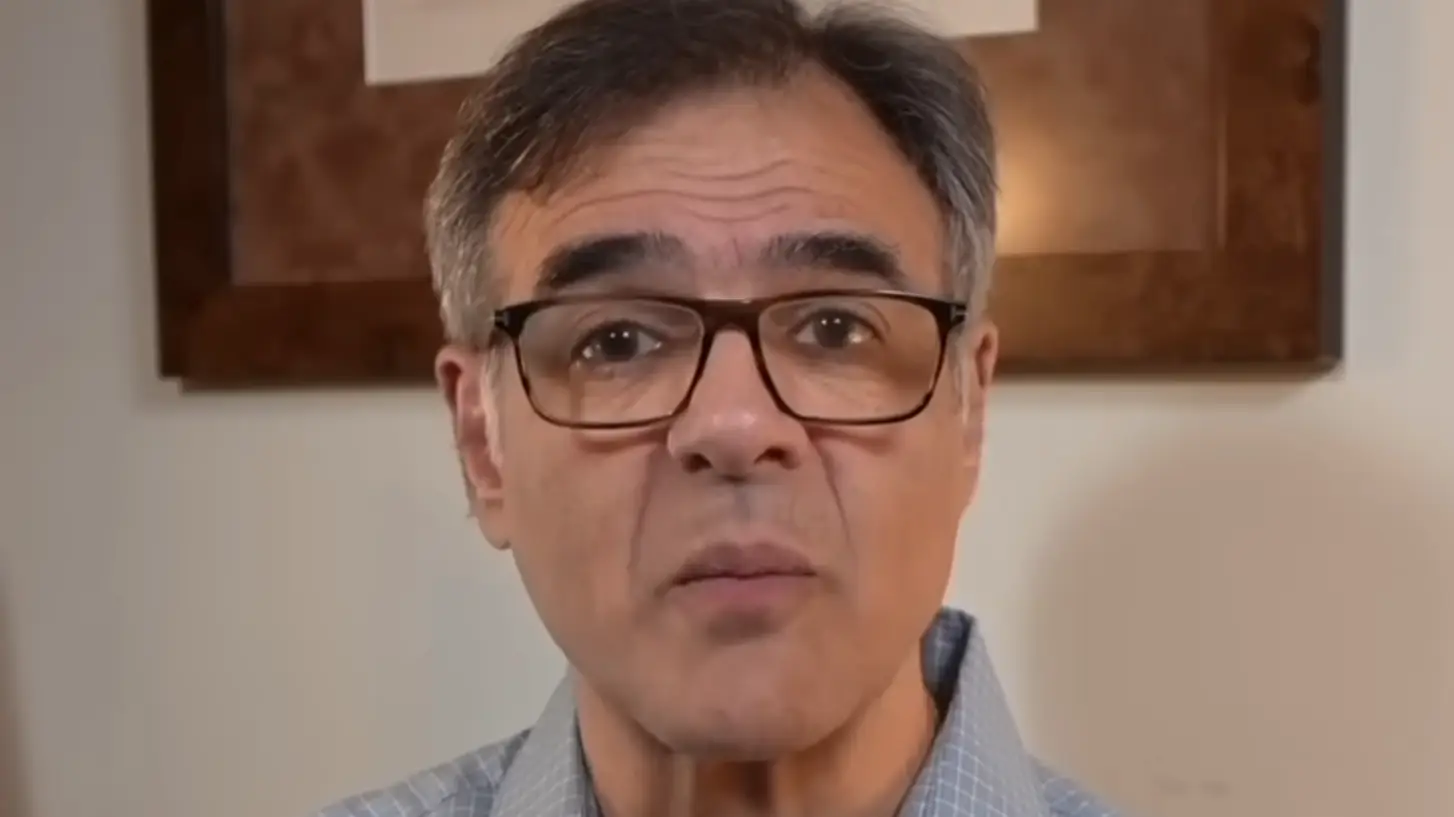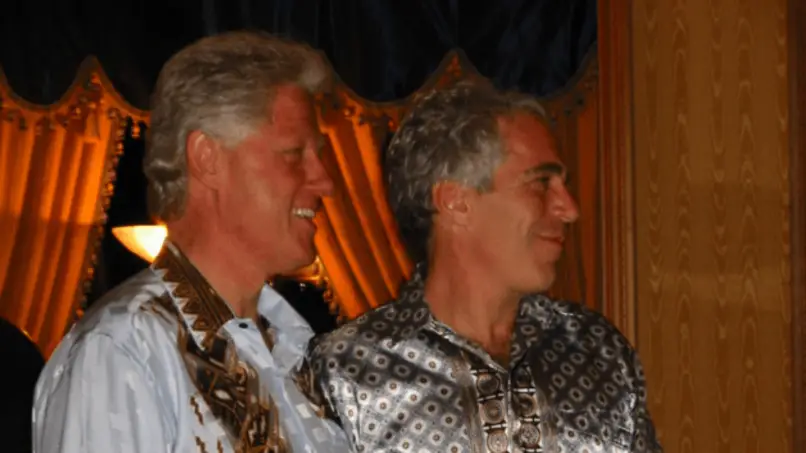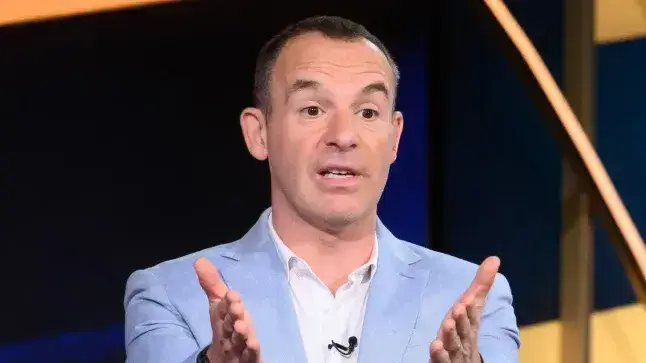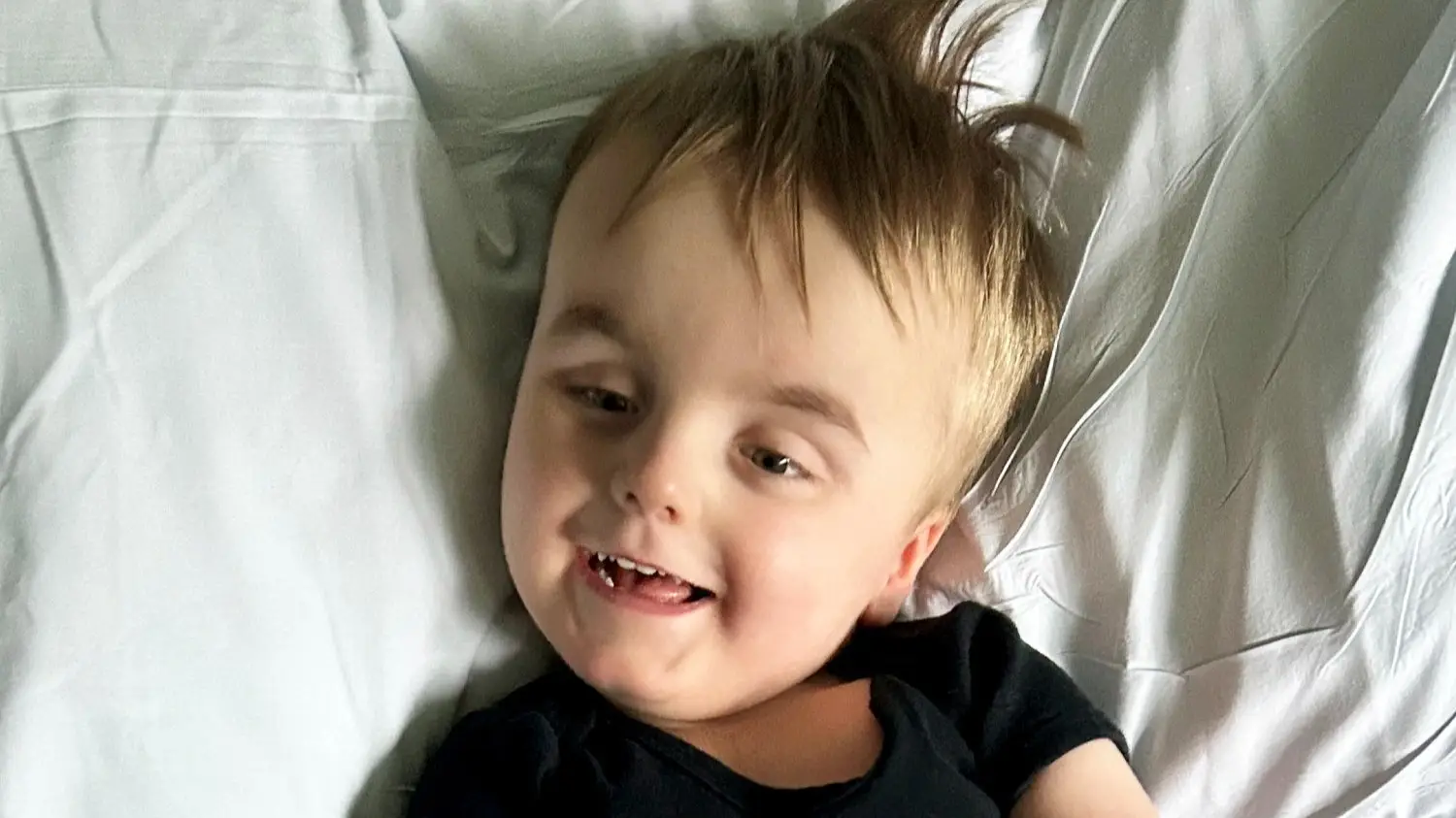


The US ambassador would not 'dignify it with a response' at the emergency meeting

The strait is responsible for handling 20 percent of global energy trade

The US Air Force is said to have used the B-2 Spirit stealth bombers to target the facilities over the weekend

It comes as a Russian official said World War III would 'undoubtedly begin' if Trump 'continues his insane course of criminal regime change'

The US president appeared with the rash during the Medal of Honor Ceremony yesterday

The former US President insists that he was not friends with Jeffrey Epstein

#SendBarron has been trending in recent days as Americans call for the youngest son to be drafted

Lewis got his legal document together over a decade ago even though he doesn't foresee himself needing it yet

Trump says that the US is 'knocking the c**p' out of Iran

The UK government is looking at 'potential scenarios' for evacuation following missile strikes on Iran

Dmitry Medvedev says Trump's attack on Iran has put Americans at 'potential risk'

Conflict has erupted across the Middle East following the weekend strikes

The vice-president was previously quizzed on the topic in an interview

It is now one of the most common cancers across the world

Look up to the skies and you'll be able to see a 'blood moon'

What would happen if Iran decided to assassinate the US president?

Not only would the death toll be in the billions if nuclear war broke out, but the Earth's environment would change drastically, too

So you've woken up to a cluster of white spots – here is what they are and what to do

Discoveries like this don't come around often

Conflicts in the Middle East have escalated following Iran's strike on RAF Akrotiri in Cyprus

The experts say that loads of people 'unknowingly engage in daily habits that contribute to yellowing teeth'

At just five-months-old, he became the 27th person in history to be diagnosed with the condition

The commander-in-chief said that everything has been 'going as planned' for the US and Israel so far




